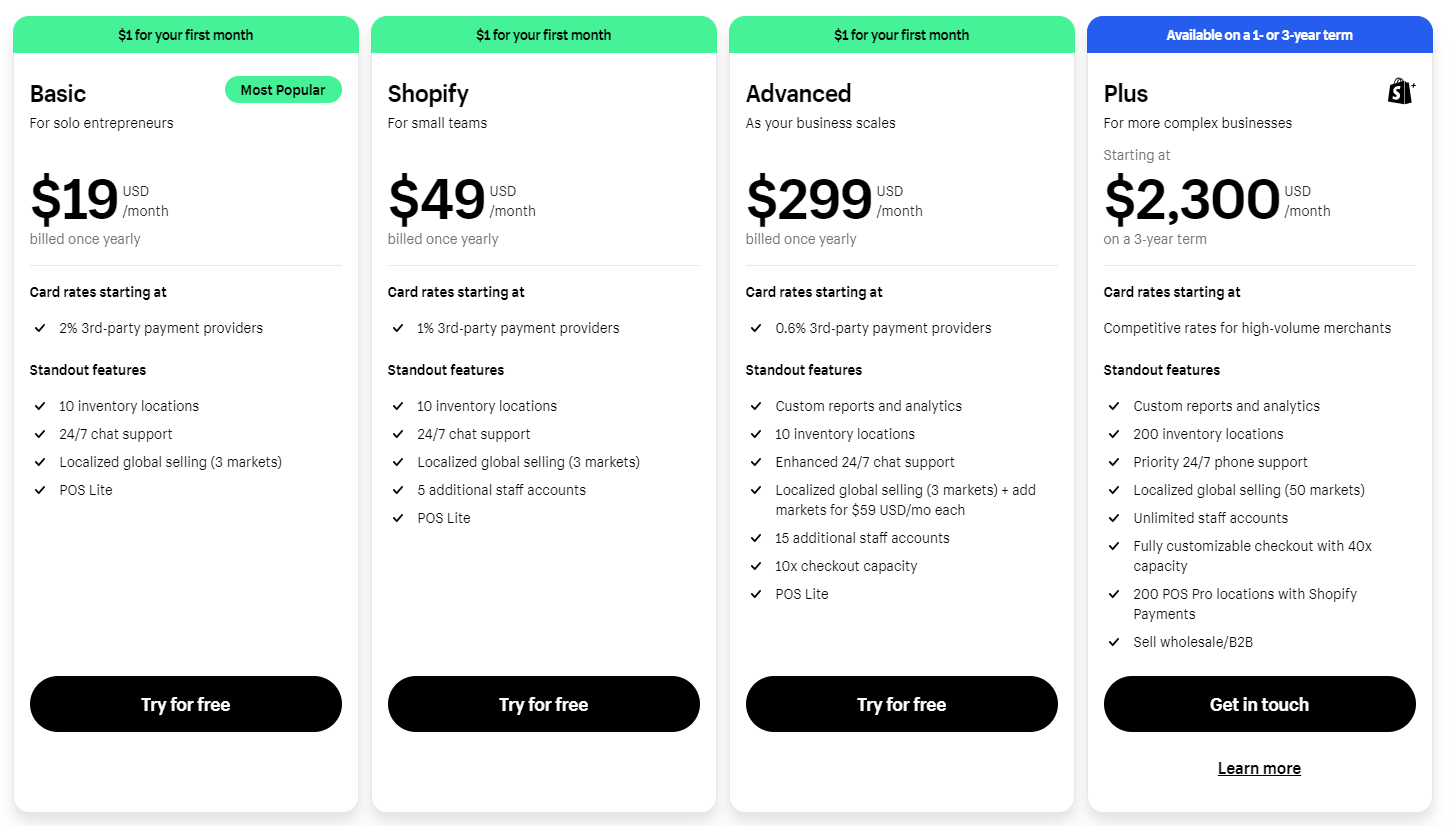
Do you want to know what monthly bookkeeping tasks you need to do? Maybe you need a daily or weekly bookkeeping duties list. Well, we’ve put together this post of 15 monthly, weekly, and daily bookkeeping tasks for you! You can use it as your very own bookkeeping tasks checklist. Print it out, and add any items to it that you feel are missing.
Daily Bookkeeping Tasks
1. Recording Bank Transactions
A bookkeeper must carefully record all the transactions that happen in a business. This is one of the rudimentary bookkeeping tasks they do. Their whole job is to basically keep accurate financial records and create accurate financial reports.
We put this as a daily task because it promotes accuracy. If they do it right away, they are less likely to forget or to misplace related documents. This also means that you can see up-to-date information anytime you want. Then you and they are also able to point out and correct any mistakes there might be before it gets out of hand or are forgotten. Your bookkeeper must also ensure that you have a clear audit trail at all times to prevent theft and fraud.
2. Reconciling Transactions
Do you use accounting software that you connected to your bank account? Did you set it up to synchronize transactions at least once a day? This makes reconciliation easy. All your bookkeeper needs to do is look through and approve the correct suggested matches. Do this daily to avoid a confusing and stressful time at the end of the month.
If you do not yet have software for this, then you need a bookkeeper to manually reconcile transactions. Don’t wait for your monthly bank statement to be mailed to you. Instruct your bookkeeper to log into the online portal and look at the daily transactions. (First make sure they don’t have full access to your account. Set up 2-factor authentication, too.)
A daily exercise in reconciliation also helps you to spot errors more easily and in time to set things straight.
3. Invoicing and Billing
When you bill clients on time, they are more likely to pay you on time. This is because they remember clearly what product or service you sold them. You will experience less confusion this way, too, and be able to clear up any discrepancies faster and more easily. If daily invoicing is too inefficient, make sure to do it at least once a week.
Check out the Due guide for some statistics on how to get paid on time.
4. Expense Tracking
Part of daily bookkeeping tasks is preparing a revenue and expense account. This is based on different company departments’ revenue and expense data. The bookkeeper needs to gather this data and track it. The account helps bookkeepers to predict what your business’s revenue generation rates are. You can then better control expenses and manage your monetary resources before they get out of hand.
Weekly Bookkeeping Tasks

5. Review Aging Receivables and Payables
Bookkeepers are responsible for managing accounts receivable. Under this, they do several smaller tasks aside from preparing and sending invoices. They do aging analysis, which is looking at which receivables and payables are coming up due or overdue.
To manage aging receivables, bookkeepers must maintain a payment cycle. This way, they know what’s coming in and when. When invoices are unpaid, they send out reminders to those customers. The same goes for payables. Bookkeepers are responsible for processing payments on time. They also deposit checks and get debt collection processes started when necessary.
6. Payroll Processing
Apart from paying bills, bookkeepers also often take responsibility for paying employees and contractors. You must keep accurate payroll records and make timely payments. Improper payroll management can lead to big issues for your business. In addition, with proper payroll file updates, you can see how much you spend on salaries compared to how much the business earns from the work that they do.
7. Expense Categorization
Again, if you use accounting software, like Bench vs QuickBooks, you might have connected functionality for expense reporting and even gathering receipts. Of course, this is only possible if payments are managed electronically. If you don’t have that set up, try to see how you can get this process automated. If not, it’s a manual job that can fall under the weekly bookkeeping tasks. The bookkeeper must add any manual payments and double-check the entries, anyway, to ensure accuracy.
8. Inventory Management
Inventory bookkeeping tasks revolve around managing inventory finances and accounts. This entails recording every transaction that takes place and every investment made. Included in this process is keeping a record of each financial movement that happens in the business’s inventory. This can mean purchasing stock from a supplier, maintaining inventory records, and even managing orders.
You must have detailed records to know what your current inventory’s financial position is at all times. If you have inventory in different stages – unfinished inventory, manufacturing goods, and raw materials – a bookkeeper will track those, too. Then they calculate the value of these so you can always see where your money is tied up in the production and development stages.
In short, inventory bookkeeping tracks the value a company holds, since assets are important. This task helps you evaluate the company’s current net worth.
Monthly Bookkeeping Tasks

9. Review Cash Flow
We put cash flow management under monthly bookkeeping tasks. However, a bookkeeper can do cash flow forecasting quarterly, too, if that’s what you need. This usually applies if you have ample funding. If, however, your business has a very tight cash flow, you may want to track this daily or weekly. Your cash flow position is what you need to look at when you need to check your business’s profitability over the next months and years.
10. Adjusting Entries
If you keep proper records and update them regularly, you can do adjustments monthly instead of daily. Your bookkeeper should be going through all the journal entries at the end of each day, anyway. This is another level of quality assurance to make sure nothing needs correction or modification. For instance, you may want to move a certain expense to another category.
11. Check Upcoming Deadlines
A bookkeeper must always be sure to meet all deadlines. Part of cash flow tracking is ensuring that there’s enough money to go around. This way, the only real focus is actually doing payments and payroll on time. If clients are billed on time, you will have money to make payments on time, etc.
When your bookkeeper keeps focused attention on the details, your business can maintain accurate financial records. This helps you avoid the ripple effect that can happen when you miss deadlines. You want to avoid these hitches because they can throw off your entire system. When the records get confusing, you are likely to find them difficult to set straight again.
12. Financial Statements
A bookkeeper will normally prepare financial statements near the end of each year. If your business is young, you may want to check your company’s financial performance more often. We recommend doing financial health inspections monthly and then quarterly. As the business stabilizes, you can do them twice a year and then yearly moving forward.
The financial statements that bookkeepers prepare include a profit and loss statement, a cash flow statement, and the balance sheet. When you maintain accurate records, all these statements become very easy to generate. They are also effective when they are accurate. By effectiveness, we mean how good they will be at helping you strategize the next steps for the business and plan for its future.
13. Legal
Whether you get a letter from the tax people, your bookkeeper should be up-to-date on tax laws. A new tax amendment might pass. Some regulation might take effect that affects the way records are kept and submitted. Whatever the case, a bookkeeper must know all the updates and apply the necessary changes. This is to make sure you stay compliant and out of trouble.
14. Tax Preparation
A bookkeeper is responsible for keeping track of all tax deadlines and requirements. They need to have all the accounting books ready before the start of the tax season. They also need to be prepared to hand over whatever information and support is requested. This applies to accountants, auditors, and other tax experts. This is so that the other people and offices involved don’t have a hard time taking care of everything. Being ready, the bookkeeper is also free to assist others in any way necessary so that your business can meet all the tax requirements.
15. Back Up Data
This last of our short list of bookkeeping tasks is a great way to round them off. Backing up data is so crucial at every stage, but we chose monthly for a few reasons. Most banks issue monthly reports on every account. This means that they will have a copy of your records for that month. So, you only need to back that up once a month as the bank records expire.
If you use accounting software, you should also have that back up to a local drive or the cloud every month. If not, you can ask your bookkeeper to create a backup manually. In case of any kind of failure, redoing the books for a month-long period is not exceedingly difficult for a small business. Also, in case you make an error, you can restore the backup to retrieve deleted data or reenter data.
What Is EcomBalance?

EcomBalance is a monthly bookkeeping service specialized for eCommerce companies selling on Amazon, Shopify, Ebay, Etsy, WooCommerce, & other eCommerce channels.
We take monthly bookkeeping off your plate and deliver you your financial statements by the 15th or 20th of each month.
You’ll have your Profit and Loss Statement, Balance Sheet, and Cash Flow Statement ready for analysis each month so you and your business partners can make better business decisions.
Interested in learning more? Schedule a call with our CEO, Nathan Hirsch.
And here’s some free resources:
- Monthly Finance Meeting Agenda
- 9 Steps to Master Your Ecommerce Bookkeeping Checklist
- The Ultimate Guide on Finding an Ecommerce Virtual Bookkeeping Service
- What Is a Profit and Loss Statement?
- How to Read & Interpret a Cash Flow Statement
- How to Read a Balance Sheet & Truly Understand It
Conclusion
Bookkeeping tasks are made much simpler by using accounting software. Using tools also helps with accuracy since you can avoid the human error factor. Then your bookkeeper stays fresh and can do a better job of double-checking. These are just 15 tasks, and bookkeepers do much more than what’s on this post!








